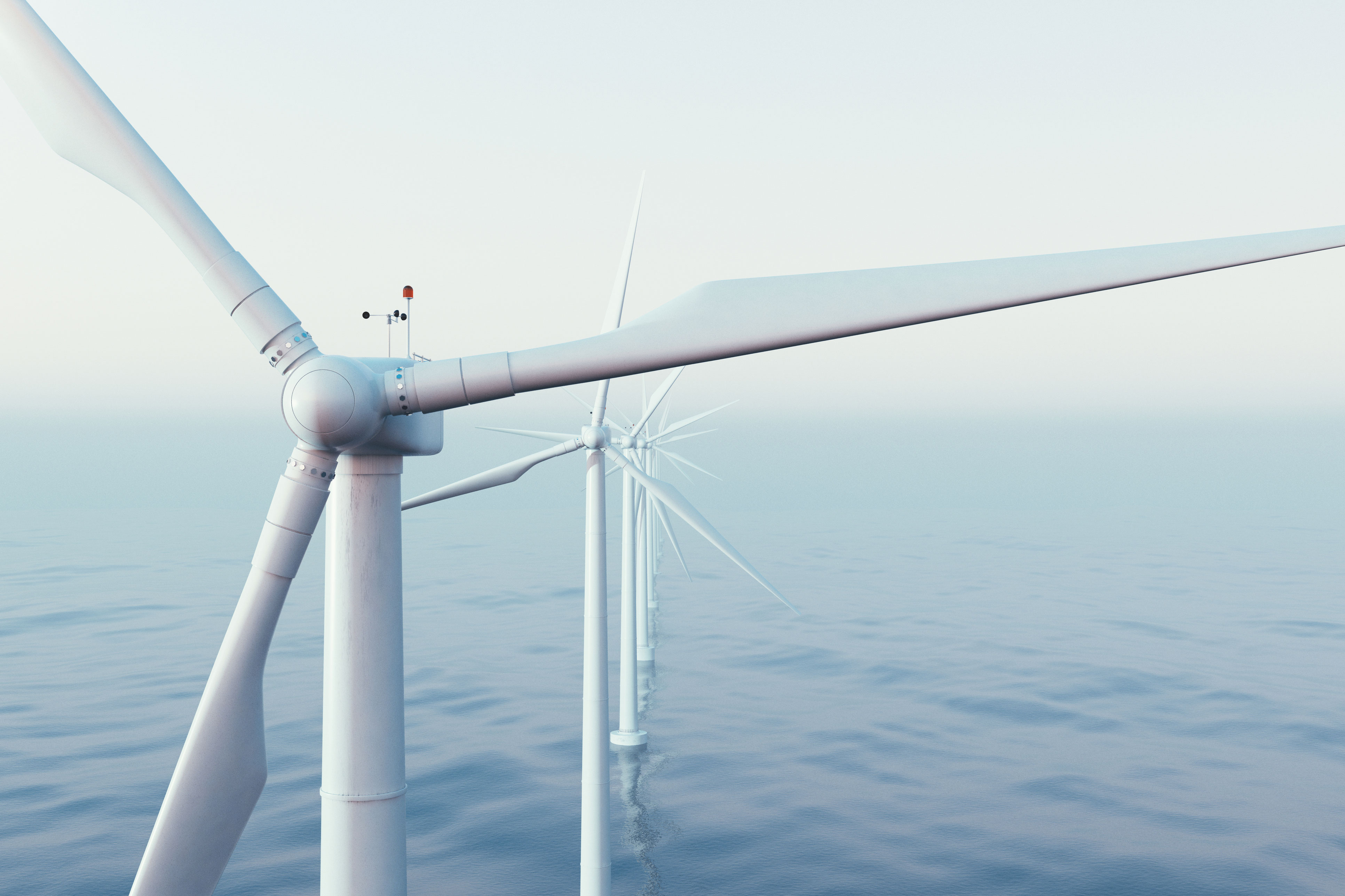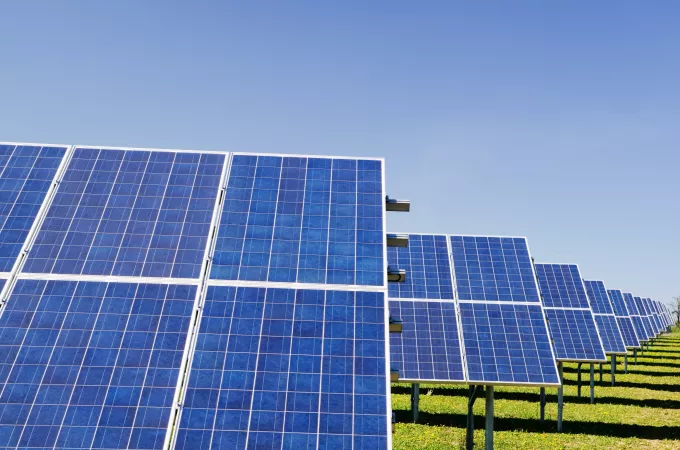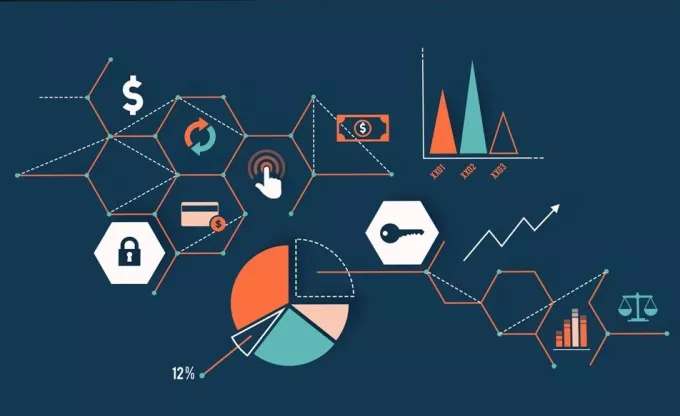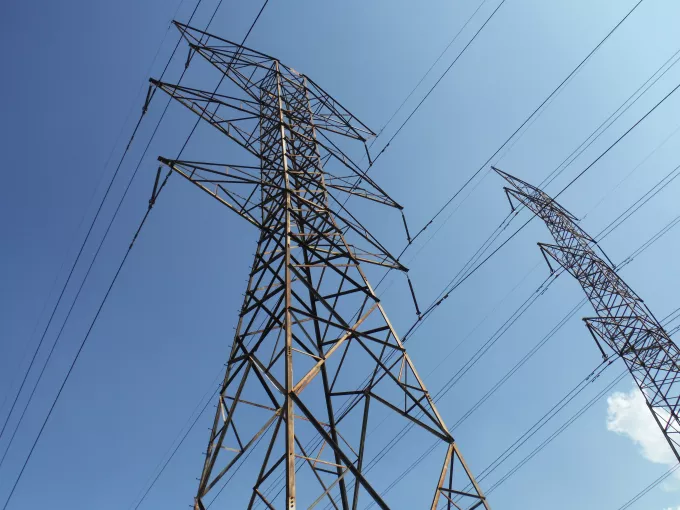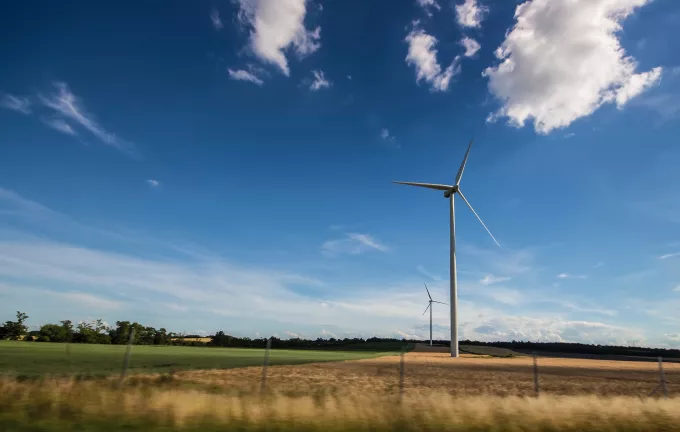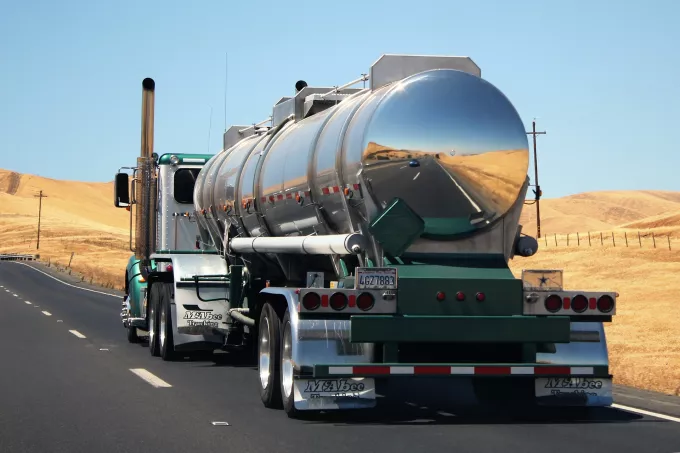The Energy & Utilities industry is undergoing fundamental changes to overcome pressing challenges like transitioning to cleaner and more sustainable energy sources, reducing carbon emissions, modernizing aging infrastructures, addressing cybersecurity risks and expanding access to energy. Successfully navigating these challenges is key to shaping a sustainable, reliable, and accessible energy future.
WHAT ARE THE SECTOR CHALLENGES:
Geopolitics
Politics and geopolitics introduce complex challenges in the energy sector. These challenges involve competition for energy resources, energy security concerns, the impact of international agreements on energy policies, and the influence of diplomatic relations on energy trade. Navigating these dynamics is critical for ensuring a stable and sustainable global energy landscape.
- Ukraine war has changed the landscape in terms of security of supply and prices volatility
- RePowerUE & Zero Net Industry Act
- Long-term dilemma between energy independence aspirations and new supply dependencies and risks
Decentralization
Decentralization in the energy sector involves a shift from a centralized model of energy generation and distribution to a more localized and distributed approach. It includes the adoption of renewable energy sources, distributed energy resources like solar panels and wind turbines, and technologies that empower consumers to generate, store, and manager their energy. Decentralization in the energy sector, while promising increased sustainability and resilience, poses several challenges. These include managing grid stability with distributed energy sources, ensuring fair compensation for small-scale producers, updating regulatory frameworks, and addressing the need for significant infrastructure investments. Overcoming these challenges is crucial for realizing the benefits of a more decentralized energy landscape.
- More efficiency with the emergence of Distributed Energy Resources (DER)
- Cross border integration with interconnexions
- Growing demand of collaborative ecosystems & platforms
Digital & Innovation
Digital and innovation challenges in the energy sector involve the integration of advanced technologies like smart grids, data analytics, and Internet of Things (IoT) devices. These challenges encompass securing digital infrastructure again cyber threats, managing vast amounts of data, optimizing energy production and consumption, and navigating regulatory and privacy concerns. Embracing these innovations is essential for achieving energy efficiency, sustainability, and grid modernization while ensuring data security and regulatory compliance.
- Use of new technologies: AI, Smart meters, Smart grid
- Automation
- Prosumers approach and Demand side Response (DSR)
Decarbonization
Decarbonization in the energy sector is the strategic process of reducing or eliminating carbon dioxide (CO2) emissions associated with energy production and consumption. It involves transitioning away from fossil fuels, integrating intermittent renewable sources, upgrading infrastructure, developing energy storage solutions, and implementing policy and regulatory changes. Successfully addressing these challenges is crucial for mitigating climate change and achieving a sustainable, low-carbon energy future.
- Zero carbon generation & electrification
- Alternative to fossil fuels (hydrogen, biofuels)
- Carbon capture and storage (CCUS)
- Nuclear part of the energy mix
HOW AVERTIM CAN HELP THE CLIENT IN THAT SPECIFIC SECTOR:
Avertim's Energy & Utilities consultants assist you in navigating in the transformative landscape of an industry undergoing profound changes. We will provide you with specialized expertise, strategic guidance and practical solutions. Here are several ways in which Avertim can support you:




Geopolitics
- Develop new market mechanisms (CMS)
- Ensure compliance regarding the new regulations
- Develop new risk management approach
- Cybersecurity
Digital & Innovation
- Roll-out new technologies (Smart meters, Smart grid)
- Develop new business and operating models
- Structure change management approach
- Digitalize power plants operations
Decentralization
- Update the energy infrastructure (TSO)
- Ensure procurement excellence
- Create new energy services towards Energy As a Service
Decarbonization
- Optimize demand management mechanisms
- Craft Decarbonization roadmap
- Roll-out of renewables infrastructure
Our references

Need more information?
Contact us !
Avenue Louise 326 - 16th Floor
B - 1050 Brussels

